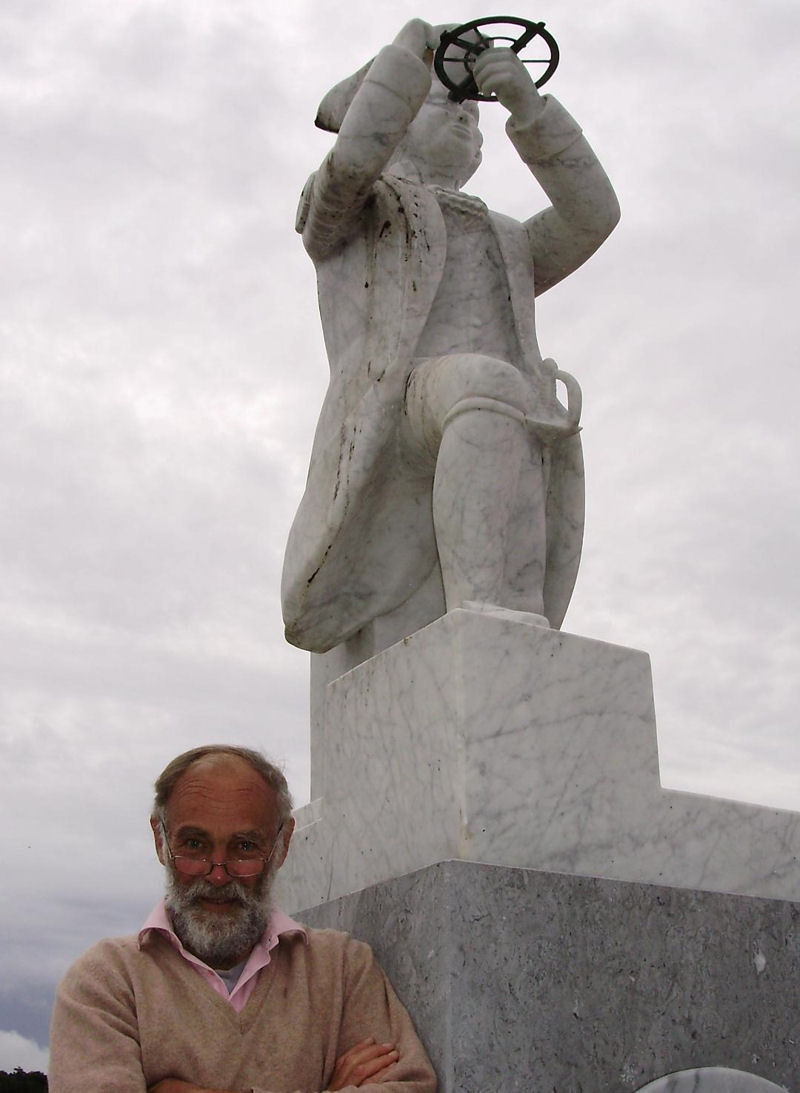FAQ on > The Work of the Institute > What is your work in the Republic of Ireland?
Over the years, the de Borda Institute has made two presentations and written a number of submissions to the All-Party Oireachtas Committee on the Constitution.
One contribution, which followed a lecture in UCD organised by John Baker of the politics department, is as follows:
An Outline Submission on the Abortion Question to the All-Party Oireachtas Committee on the Constitution Download... (42K pdf document)
Furthermore, the Institute has published two feature articles in The Irish Times, (see Publications), as well as a number of letters to the editor.
In January 2004, the de Borda Institute gave a presentation to the Democracy Commission, during which we spoke about all three aspects of governance: decision-making, elections, and power-sharing. Needless to say, we advocated
- the modified Borda count (MBC) for use in decision-making at all levels of government - in local council, in Dáil Éireann, and in multi-option referendums;
- the quota Borda system (QBS) for the main electoral system in both local council and general elections; and
- the QBS matrix vote for use in all elected chambers which wish to have power-sharing, and this should include both the NI Assembly and the Dáil.
We also pointed out that for as long as Dáil Éireann remains majoritarian, the Unionists will have reason to fear that they will never be in a position of power. In Britain, however, history has seen the Unionists in such a situation on a number of occasions, i.e., whenever there is a hung parliament. In 1977-8, for example, Labour actually went into coalition with the Unionists, in the last grim days of the Callaghan government.
THE LISBON TREATY
In 2008, the Republic of Ireland held a referendum on the Lisbon Treaty. On the day of the vote, the following letter was published in The Irish Times:
Dear Madam,
Regardless of the outcome of the forthcoming referendum, should we not query the use of the two-option majority vote?
When France voted on the eu constitution, the question (as is usual in politics) was yes-or-no? Those who supported Giscard d’Estaing’s new draft voted in favour. Those who voted against, however, included not only those who opposed that new draft, but also those who opposed the eu altogether, and/or Jacques Chirac, Macdonalds, globalisation, the prospect of Turkish accession, or je ne sais quoi !
At the very least, there should have been two questions: “Are you in favour of the new draft constitution?” and “Do you wish the eu to remain under Maastricht?” In Germany, (where national referendums are banned because of Hitler’s polls), the Bundestag uses ‘a constructive vote of no confidence’: this means you can’t just say ‘no’, you must first present a feasible alternative… and then people vote either in favour of one option, or in favour of the other.
For years, the North suffered from a mind-set which suggested a majority may set the questions and thus rule, and if they could not rule, that then they could veto: Ulster says ‘NO!’ The sdlp was of the same bent, of course, when it organised a boycott of the 1972 border poll. Similarly abroad: in recent years, Gibraltarians, Greek Cypriots and Bosnian Serbs have all said ‘NO’. But the simple yes-or-no majority vote has also dogged many other debates, not least our own on abortion.
Yours
IRISH POLITICAL STUDIES
Irish Political Studies has published an analysis of the Green Party's 2007 election of their
Cathaoirleach (chairperson), which was done by a Modified Borda Count. The report is attached.
THE GOAT IS A GNU
Ireland is reeling under the effects of the credit crunch, and many have been the calls for a Government of National Unity or GNU. Accordingly, on 22.4. 2009, the following was published in The Irish Times:
Government of National Unity
Dear Madam,
If the government's attempts to correct the financial and banking crises prove to be inadequate, the political options then be a general election, or a national government, or chaos.
To manage one of the greatest threats to the stability of the Irish State since its foundation, the option of a ‘government of all the talents’ must at least be considered. Many commentators have said such a possibility would be appropriate in this period of 'national emergency'. To the best of our knowledge, however, none has indicated how it might actually be chosen.
This Institute has long since devised a methodology for precisely this sort of situation. It is a proportional and preferential voting system which allows all the voters, (tds in this case), not only to state their preferences on who should be in cabinet, but also to indicate in which post they would like each of their nominees to serve. Thus a parliament could elect those tds who enjoyed the maximum level of collective support.
The President could then 'appoint the Taoiseach' and, 'on the nomination of theTaoiseach with the previous approval of Dáil Éireann, appoint the other members of the Government', as the Constitution requires. The result would be an all-party, power-sharing, coalition cabinet: a government of national unity.
It is known as the matrix vote; further details are available at the address below and from www.deborda.org
Yours,
In pursuit of this objective, the de Borda Institute ran a seminar on the matrix vote in the offices of TASC in 2009, and a report of that experiment was (rejected by IPS but) published in Voting Matters. In 2012, a further exercise was conducted in NUI Maynooth, at a PSAI undergraduate conference, and again a report was (rejected by IPS but) accepted by OJPS.
The main event was in February 2012 when the President, Michael D Higgins, invited a delegation from the de Borda Institute to present him with a copy of our latest publication, Defining Democracy.
Last updated on June 15, 2013 by Deborda


